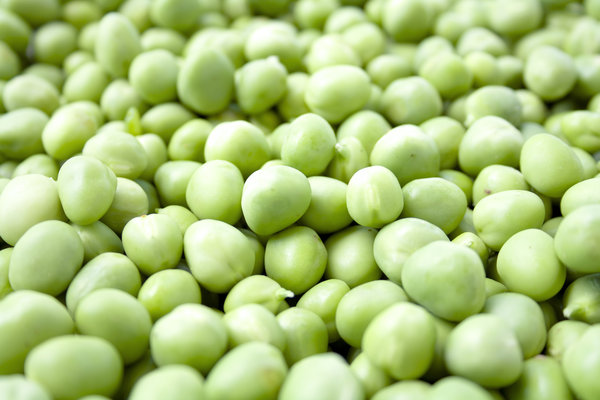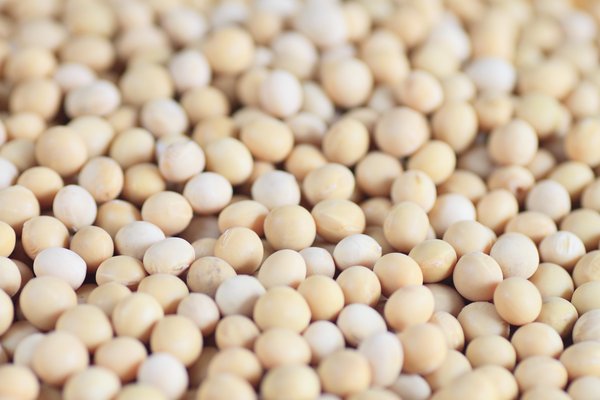Hemp protein

In the search for optimal nutrition for our beloved dogs, we come across a variety of ingredients designed to promote health and well-being. One ingredient that has been attracting more and more attention in recent years is hemp protein. This plant-based supplement promises a wealth of benefits, but is it really the ultimate powerhouse for your dog? In this article, we dive deep into the topic of hemp protein, clarify what it is, and take an in-depth look at both the benefits and potential drawbacks of incorporating it into your four-legged friend's diet.
What is hemp protein?
Hemp protein is obtained from the seeds of the hemp plant (Cannabis sativa) by pressing out the oil and processing the remaining product into a fine powder. Unlike other parts of the hemp plant, the seeds contain only traces of THC (tetrahydrocannabinol), the psychoactive substance associated with cannabis. The result is a high quality protein that contains all nine essential amino acids, making it a complete protein source. In addition, it is rich in omega-3 and omega-6 fatty acids, antioxidants, fiber, as well as various vitamins and minerals.
Benefits of hemp protein for dogs
High quality protein source
Protein is an essential part of a dog's diet and is important for growth, repair and overall health. Hemp protein offers a complete amino acid profile, meaning it provides all the essential amino acids dogs need to get from their diet.
Supporting skin and coat health
The omega-3 and omega-6 fatty acids found in hemp protein are known for their anti-inflammatory properties. They can help to alleviate skin conditions and promote a shiny, healthy coat.
Good digestive support
Hemp protein is easily digestible and a good source of fiber, which can help maintain a healthy digestive system. This can be particularly beneficial for dogs with sensitive stomachs or digestive problems.
Heart health and immune system
The antioxidants, vitamins and minerals in hemp protein can boost the immune system and contribute to heart health. The natural ingredients support the body's defenses and promote healthy heart function.
Possible disadvantages and considerations
Hypersensitivity reactions
Although hemp protein is generally considered safe, some dogs may be allergic or hypersensitive to hemp or certain ingredients in hemp products. It is important to be cautious when introducing new supplements and watch for signs of an allergic reaction.
Dosage and balance
As with any dietary supplement, it is crucial to find the right dosage. Too much hemp protein can lead to an imbalance in the diet, especially if it interferes with the absorption of other important nutrients.
Quality and origin
The quality of hemp protein can vary, depending on its origin and processing methods. It is important to choose products from reputable manufacturers who pay attention to purity and sustainability.
Hemp protein offers a range of potential benefits for dogs, from supporting skin and coat health to promoting a healthy digestive system. As a complete protein source with a rich spectrum of essential fatty acids, antioxidants and fiber, it could be a valuable addition to your four-legged friend's diet. However, it is important to consider your dog's individual needs and reactions and to maintain an appropriate dosage when introducing new supplements. When used correctly and taking into account the quality of the product, hemp protein can help to enrich your dog's diet and support their well-being.
If you notice any signs of hypersensitivity or poisoning in your dog, you should see your vet immediately. We are not a substitute for a vet, but we try to be as accurate as possible. Every dog reacts differently and we recommend you get a second opinion or consult your vet if in doubt.
Stay healthy and take good care of your four-legged friend!😊
Similar to Hemp protein
Pea protein has several advantages for dogs that make it an attractive ingredient. Firstly, pea protein is hypoallergenic, which means that it does not trigger allergic reactions. This is...
Rice protein is a powder made from rice grains. The carbohydrates and fats are separated from the protein and the protein is concentrated. Rice protein contains all the essential amino acids that...
Soy protein is the protein contained in soybeans. The soybean is a legume and originally comes from East Asia. There it has been used as a food for thousands of years. Various products are made from...
Lupin protein is obtained from the seeds of the lupin plant, which belongs to the legume family. This plant is known for its high protein content and is often praised as an excellent plant-based...



